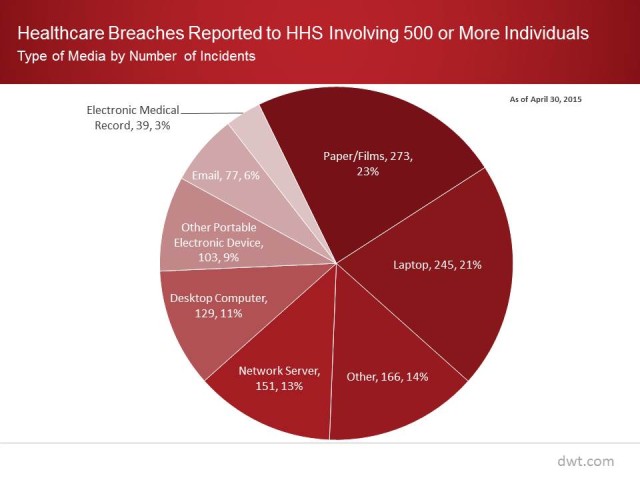

In 2013, the BMJ published findings indicating that the main cause of malpractice was misdiagnosis or delayed diagnosis. Other serious incidents in the past have included fires in hospitals and patients committing suicide while in the care of health staff.Ī team from the University of Illinois reported in Annals of Pharmacotherapy that blood thinners make up about 7 percent of all medication errors in hospitalized patients.īlood thinners can lower the risk of stroke and heart attack by preventing clots from developing in the veins and arteries, but at higher doses, they can also increase the risk of bleeding. potentially fatal infections acquired in the hospital.the patient has persistent pain after surgery.operating on the wrong part of the body.leaving things inside the patient’s body after surgery.prescribing the wrong dosage or the wrong medication.failure to order appropriate tests or to act on results.It is only malpractice when there is negligence and injury and negligence causes the harm or injury.Įxamples of cases where an error or negligence could lead to a lawsuit include: This may be considered an act of omission or a negligence.ĭissatisfaction with the outcome of treatment does not imply malpractice. This includes doing nothing when they should have done something.
#BREACH MEANING IN HEALTHCARE PROFESSIONAL#
To do so, four legal elements must be proven: (1) a professional duty owed to the patient (2) breach of such duty (3) injury caused by the breach and (4) resulting damages. The injured patient must show that the physician acted negligently in rendering care, and that such negligence resulted in injury. The injury must have damaging consequences: The patient must show that the injury or harm caused by the medical negligence resulted in considerable damage.īal (2009) states that for a case of malpractice to be considered, the following must be true: The patient must prove that negligence caused injury or harm, and that, without the negligence, it would not have happened. However, they are legally responsible if the patient experiences harm or injury because the health provider deviated from the quality of care that is normally expected in similar situations.Īccording to malpractice lawyers in the U.S., for medical malpractice to be considered, a number of factors must be involved.įailure to provide a proper standard of care: The law requires that health care professionals adhere to certain standards, or potentially face an accusation of negligence.Īn injury results from negligence: If a patient feels the provider was negligent, but no harm or injury occurs, there can be no claim. The professional is not liable for all the harms a patient experiences. Share on Pinterest An error, negligence, or omission can lead to a malpractice suit.Ī hospital, doctor, or other health care professional is expected to provide a certain standard of care.


 0 kommentar(er)
0 kommentar(er)
